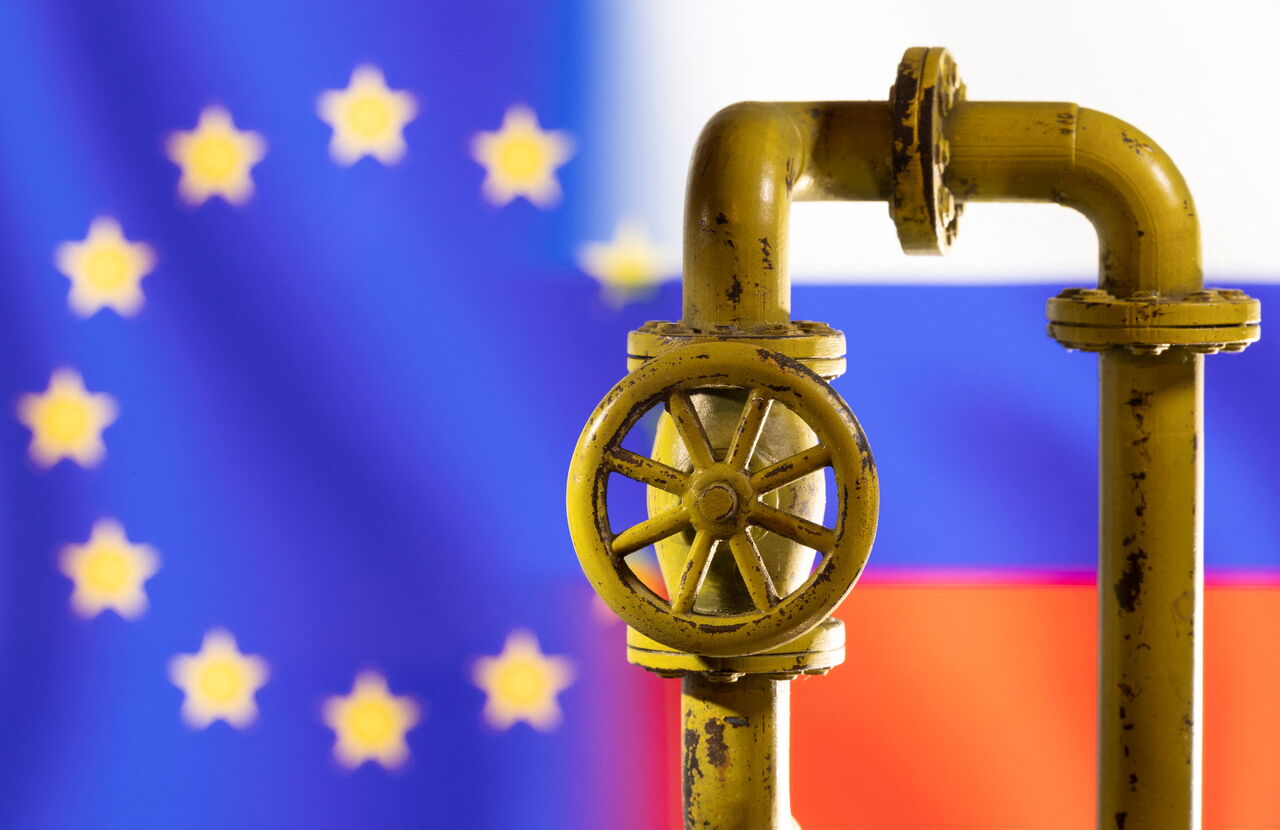Mehdi Shapouri in an interview with the site of Strategic Council on Foreign Relations pointed out to declining of Russian energy export to Europe and the warning of some of economic authorities on its political and social consequences for these countries and spelled out:” with regards to infrastructures and its finishing within a period of time, Europeans could acquire their required energy from Russia which had a kind of monopoly role in European energy market with much less prices; that’s why it will not be easy to sever the dependence and will bear high price”.
Having stated that most of Russian infrastructures were targeting Europe and recently it diverted them towards China, he said:” Russia used to use energy as a political and geopolitical instrument, with the end of the dependence, Russia will also have to bear considerable costs. But European governments have concluded that sooner or later, they have to pay the price for minimizing their dependence on Russia, and at later stage, they have to put an end to the dependence in order to proceed with independent policies in connection with Russia. In such a situation, Russia will lose one of its most important pivots of its geopolitical game versus Europe.
Substantial Changes in Geopolitics of Energy Export
Having reminded that replacing oil with gas is easier due to the wide range of its producers and its easy transferability for Europe, and they try to reduce as much as 90% of oil import from Russia by the end of 2022, the expert of international affairs added:” we witness the lobbying of European countries to buy oil and gas from central Asian, Caucasian, African and the Middle East countries. The developments have made essential changes in the geopolitics of energy exports and will be completed in future”.
Having emphasized that the cut of energy imports from Russia by Europe is a great development in international economy and geopolitics which has various consequences, Shapouri continued:” at least in short term, European economy will pay more prices and with rising inflation followed by stagnation, this will leave effects on global economy. In view of economies inter-relationship, it will impress oil economies and also developing countries”.
He said:” in view of the mistrust already formed, the delimitation between Russia and Europe will become more serious in long run, and Russia will focus its attention on the export of oil and gas to Asian countries particularly India and China. At the moment, China acquires its required energy with more discounts and better conditions from Russia and Iran in comparison with the West. Moreover, the similar facility is provided to India and its energy imports from Russia is not comparable with the last year. The situation is more suitable for Asian economies in comparison with the Western economies”.
The analyst of international affairs added:” Earlier, Russian oil revenues originated from Europe used to be more than double of its gas revenues. In view of replacing suppliers, Russian oil revenues will be sharply reduced. However, Moscow will sell its oil to other markets and will expand its market. As we witness, the amount of Russian oil exports to China has also surpassed the Saudi Arabia’s oil exports”.
According to Shapouri, Russia will anyway, sell its oil with discounts in the market, but in order to make its routes, it has to pay extra changes too, and it has to pay for oil transfer as well as its insurance to sell its oils to buyers. Therefore, Russia’s economy will seriously be impressed by the new situation.
Having referred to surpassing of the U.S. gas export to Europe comparing with that of Russia’s, and registration of a historic record, the scientific board member of Institute for Strategic Studies spelled out:” the U.S. can replace a noticeable part of European dependence on Russian gas with very high prices. If Europe can not manage to procure a part of its gas requirements from Asian countries, it may consider the investment on transferring the U.S. gas through pipeline, which is coupled with its own geopolitical and political consequences”.
The expert of international affairs referred to the Europeans dissatisfaction and the losses incurred upon industries followed by the problems caused by rising energy prices. Having stated that one of the senior managers of a French energy supplier company had warned about threatening of Europe’s social and political integration because of energy rising prices, he added:” Europe was one of the main losers of war in Ukraine, that economically lost a lot in the light of these developments”.
Possible Rising Dissatisfactions & Demonstrations of Europeans
Having elaborated the consequences caused by limitation of energy supply to European countries in long term, Shapouri added:” when the effects of limits and rising energy prices in Europe reveal thoroughly, there will be social dissatisfactions and protests. In such an atmosphere, Right wing raises populistic slogans and thus will have greater chance for activity”.
The scientific board member of Institute for Strategic Studies stated that in order to keep Europe in unison with its consensus, the U.S. will pay attention to Europe’s considerations, as we witnessed facilities with regards to importation of oil from Venezuela. He said:” Yet, they are not ready to ignore some of their strategies and to import energy carriers from other countries at any price. In this connection, Iran’s rich energy resources will be an availing opportunity for Europe, which can realize the diversification of their energy suppliers through investment in this industry as well as long term cooperation”.










0 Comments